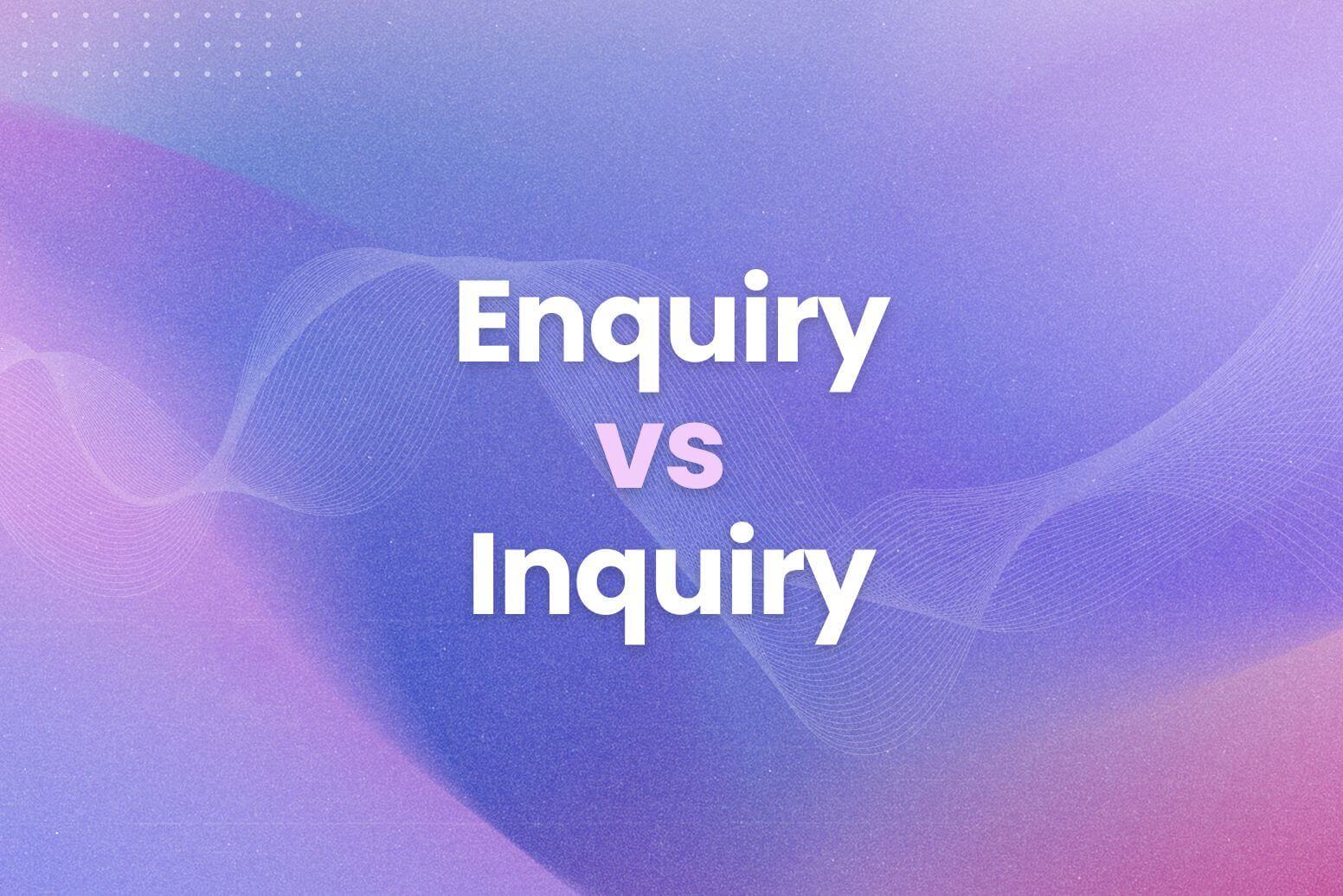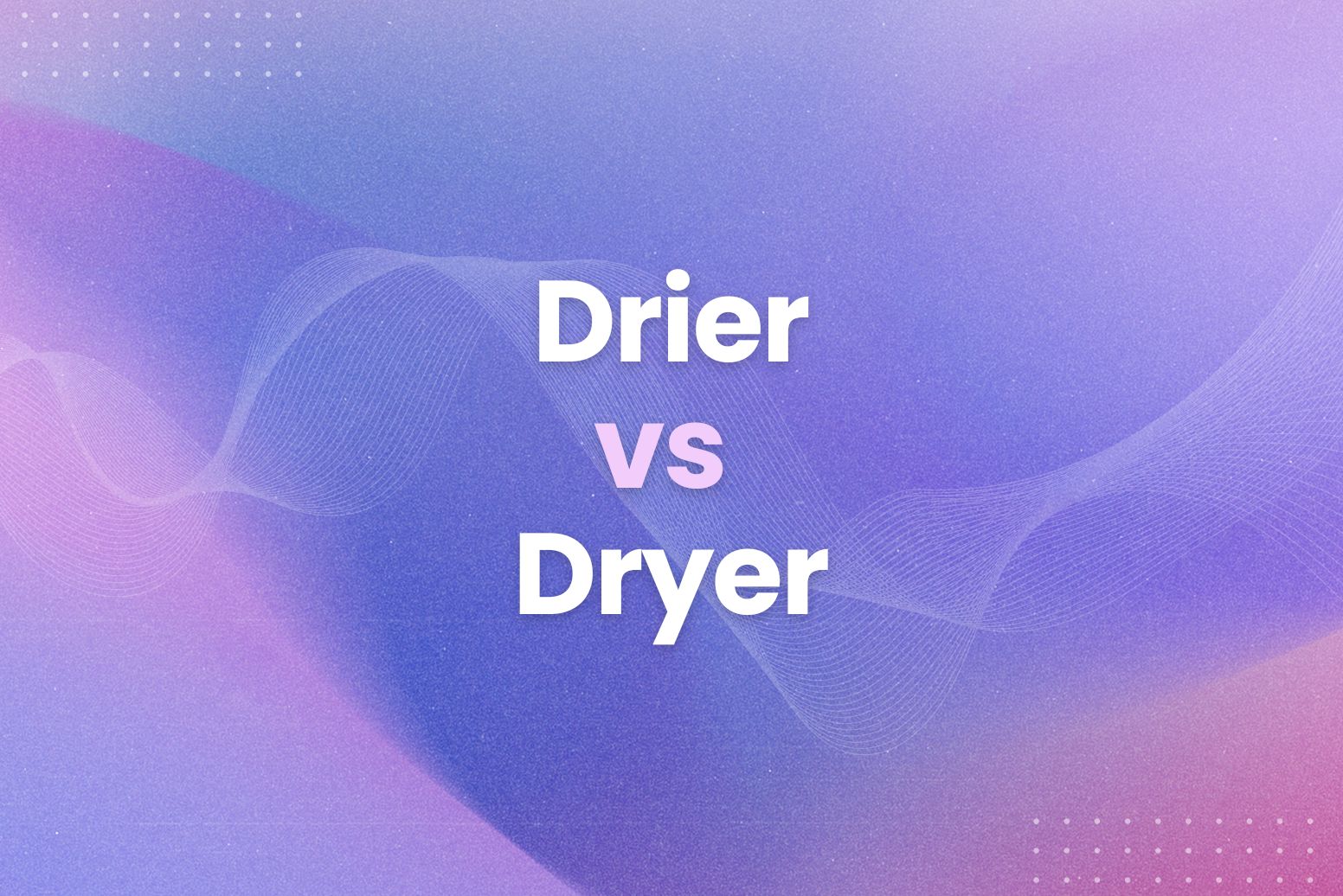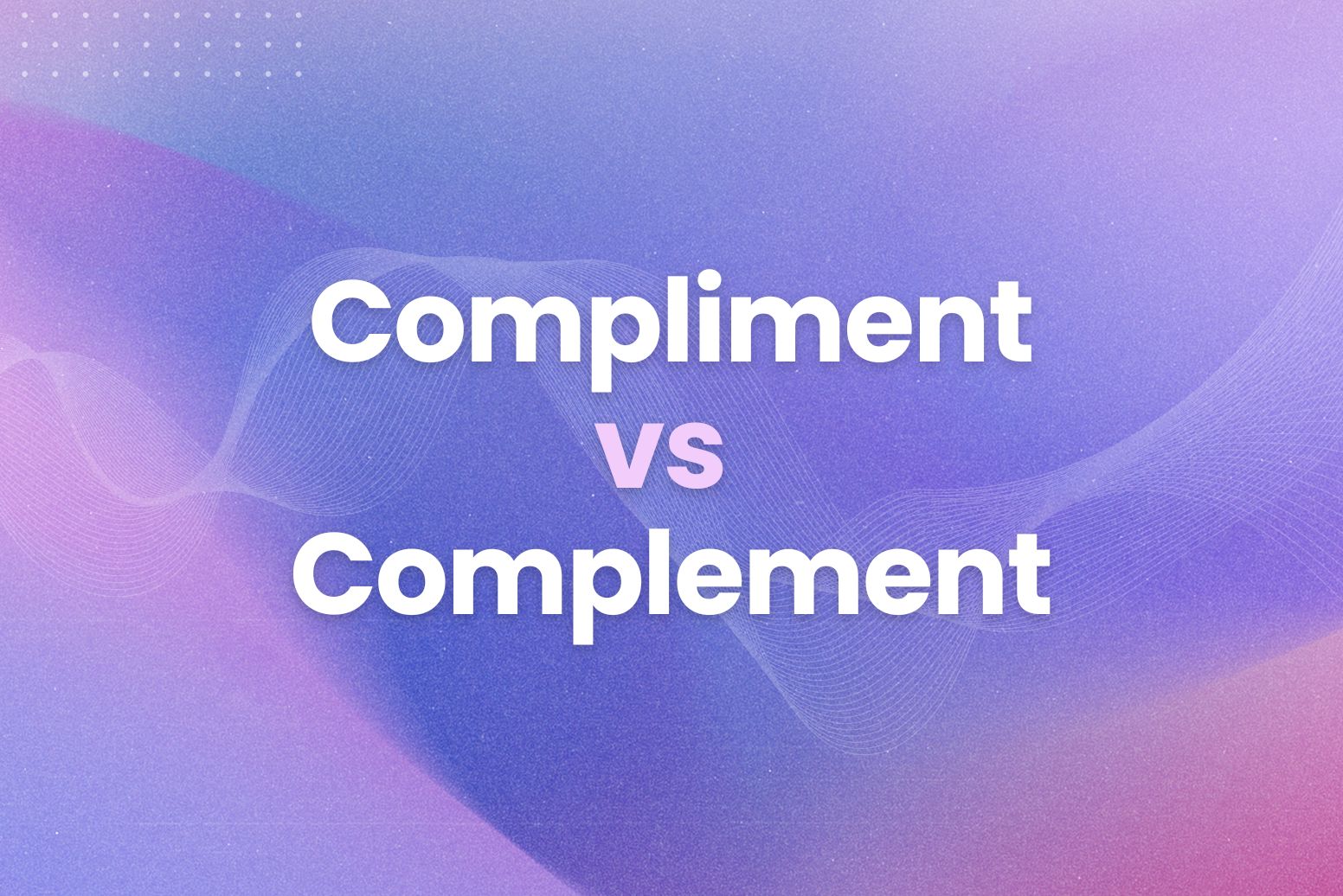Ever tripped over a word that almost feels right? You know, like Enquiry vs Inquiry? They seem interchangeable. But they’re not. This tiny difference can impact how your message is received. Therefore, getting it right matters. We’ll clear up the confusion.
Many people use these words incorrectly. Consequently, their writing may lack precision. This article will show you how to use each word correctly. In short, here’s what we’ll cover:
- The core difference between enquiry vs inquiry.
- British vs. American English usage.
- Examples in real-world sentences.
The Core Difference Between Enquiry vs Inquiry
So, what’s the big deal? Both “enquiry” and “inquiry” mean “a request for information.” However, there’s a slight difference. This difference mostly depends on where you live. In British English, “enquiry” usually refers to a general request for information. For example, you might make an enquiry about train times.
On the other hand, “inquiry” in British English often relates to a formal investigation. For instance, there might be a police inquiry into a crime. In American English, “inquiry” is the more common spelling for both meanings. Therefore, if you’re writing for an American audience, stick with inquiry. It’s that simple.
To clarify, think of it this way: enquiry is like asking a question. Inquiry is more like conducting research. In other words, one is casual, and the other is formal. Let’s look at some examples. You could make an enquiry about a product’s price. However, a government might launch an inquiry into a company’s practices.
This distinction is important for clear communication. Consequently, using the correct spelling shows attention to detail. Arvin can help you with this. For instance, Arvin’s grammar check can quickly identify if you’ve used the correct spelling based on your target audience. This saves you time and ensures accuracy. In addition, Arvin can provide context-specific suggestions to improve your writing.
British vs. American English Usage
As we’ve seen, location matters. In British English, enquiry is common for general questions. For example, you’d make an enquiry at a shop. However, inquiry is used for formal investigations. For instance, a public inquiry into a disaster.
In American English, things are simpler. Inquiry is the standard spelling for both meanings. Therefore, you’d make an inquiry about a product. Likewise, there would be an inquiry into a business deal.
To clarify, if you’re writing for a British audience, be mindful of this difference. But if your audience is American, stick with inquiry. It’s less confusing. In short, knowing your audience is key.
For example, if you’re writing a blog post for a global audience, using “inquiry” might be the safer choice. This avoids confusion for American readers. Similarly, if you’re writing a formal report for a British institution, using both spellings correctly demonstrates your knowledge of their specific usage. Arvin can help you determine the appropriate spelling.
For instance, you can set your target audience within Arvin. Then, Arvin will flag any incorrect usage based on region. This is useful for writing for a global audience.
Examples in Real-World Sentences
Let’s see these words in action. This will help solidify the difference. Here are some examples.
British English
- “I made an enquiry about the price of the tickets.” (General question)
- “The police launched an inquiry into the incident.” (Formal investigation)
- “We received several enquiries regarding our new product.” (General questions)
- “A public inquiry was held to determine the cause of the fire.” (Formal investigation)
American English
- “I made an inquiry about the price of the tickets.” (General question)
- “The police launched an inquiry into the incident.” (Formal investigation)
- “We received several inquiries regarding our new product.” (General questions)
- “A public inquiry was held to determine the cause of the fire.” (Formal investigation)
Notice how the American examples only use “inquiry.” This is the key takeaway. In short, American English simplifies things.
To clarify, if you’re unsure which to use, and your audience is primarily American, inquiry is your best bet. For instance, if you’re writing website copy or marketing materials for an American company, use inquiry.
Ready to Write With Confidence Using Arvin?
The difference between enquiry vs inquiry is subtle but important. Knowing when to use each spelling can boost your writing’s clarity and credibility. Therefore, pay attention to your target audience and choose the right word.
Here are the key takeaways on enquiry vs inquiry:
- Enquiry is primarily British English for general requests.
- Inquiry is used for formal investigations in British English.
- Inquiry is the standard spelling in American English for both meanings.
- Context and audience are important for choosing the correct word.
Writing with correct grammar and spelling can be tough. But it doesn’t have to be. Arvin, your AI writing assistant, can help you avoid these common errors. For instance, Arvin’s grammar checker can instantly identify the correct spelling of enquiry or inquiry based on your target audience. This ensures your writing is always clear, accurate, and professional. Consequently, you can write with confidence, knowing Arvin has your back.
Frequently Asked Questions
Should I use inquiry or enquiry?
It depends on your audience. If you’re writing for an American audience, always use inquiry. For a British audience, use enquiry for general questions and inquiry for formal investigations. Therefore, context is key.
Is it inquiry or enquiry in Canada?
Canadian English often follows British conventions. However, inquiry is increasingly common. Therefore, you’ll likely see both used. But inquiry is generally safe.
Is it student inquiry or student enquiry?
In educational contexts, inquiry is typically preferred in both British and American English. For example, “student inquiry-based learning” is common. So, stick with inquiry here.
Is it inquiry or enquiry in Australia?
Australian English generally follows British usage. Therefore, use enquiry for general questions and inquiry for formal investigations. This mirrors British practice.






